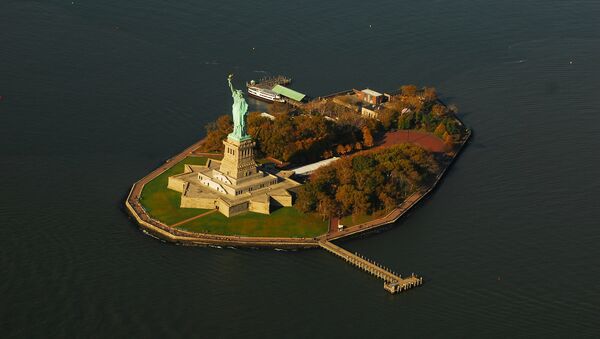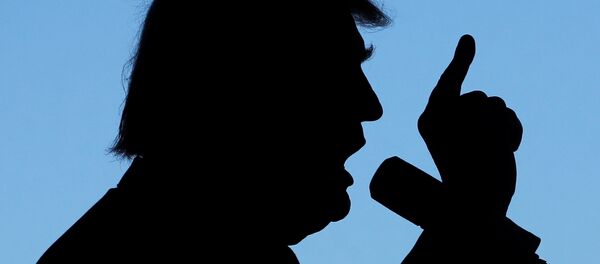With regards to the US' allies, the expert said that the new leader will likely attempt to shift the financial and military burden the US has been bearing for years to its allied partners.
Moss went on to explain that the policy of neo-isolationism implies easing the political and military commitments of the US to other countries, recalling that during his campaign Trump repeatedly called for a reconsideration of the US' relations with its allies, especially within NATO and urged other member states of the Alliance to pay a fair price for their own security.
Trump also called for restricting US interference into the internal matters of other countries. For example, while talking about the Ukrainian conflict, the Republican nominee stressed that it is of more concern to Europe than to the US and that it is primarily a problem for Europe to solve by itself.
The new president also mentioned that if elected he would consider the issue of Crimean reunification with Russia, noting that the Crimeans seem to want to be part of Russia, not Ukraine.
This in turn would ease the burden on the US budget which resulted from the need to support a large number of American bases around the world and non-commercial organizations promoting the American model of democracy.
It will also likely lead to the stabilization of the situation in Eurasia, particularly in Russia's neighboring states.
This, in turn, will cut the spendings of the Russian government on the "containment of American agression along its borders". Hence it will be able to spend more on its internal needs and stabilization of internal political processes, the political scientist suggested.





